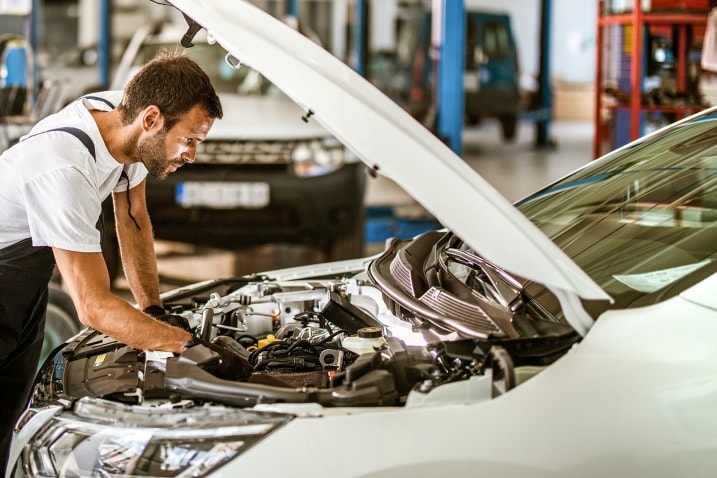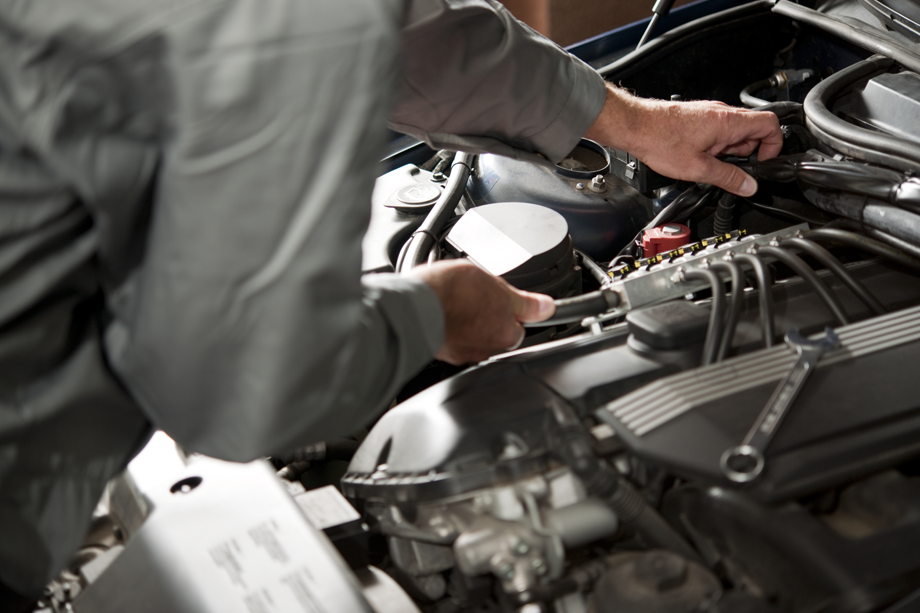All Categories
Featured
When your car experiences a major malfunction, the price of fixings can be a difficult financial consideration. Whether it's the failure of an important system like the engine or transmission, or the requirement for considerable repair work to numerous components, understanding the aspects that influence repair expenses can assist you make even more educated choices. Below, we outline the vital variables that contribute to the cost of major vehicle repair work.
![]()
![]()
![]()
Final thought. Numerous factors influence the cost of major automobile repair work, including the kind of repair service, the make and model of your vehicle, the high quality of the components made use of, labor fees, and the level of the damages. Recognizing these aspects can assist you make more educated choices and plan for the financial effects of auto repair work.

- Kind of Repair. The primary aspect influencing the expense of car repair services is the kind of issue your vehicle is experiencing. Some repair work are much more affordable and uncomplicated, such as changing a battery or generator. Other fixings, like fixing a malfunctioning transmission or dealing with a severe engine issue, can be far more costly due to the complexity and specialized labor called for. Particular systems in a vehicle, like the engine or transmission, require more time to repair and detect, which straight translates into greater labor costs. Additionally, some problems, such as electrical concerns or cooling breakdowns, may entail troubleshooting that boosts the overall cost.
- Lorry Make and Version. The make and model of your vehicle plays a major role in identifying repair expenses. High-end cars and trucks and high-performance cars like BMWs, Audis, or Mercedes-Benz have a tendency to have greater fixing expenses due to their specialized components, progressed innovation, and the experience required for their repair. The availability of parts can likewise raise the price; parts for rare or foreign designs are often much more costly to source than those for domestic automobiles like Ford or Chevrolet. In addition, some vehicles, specifically those with sophisticated or one-of-a-kind systems, may need specialized auto mechanics or tools, contributing to the overall fixing expense.

- Parts Quality and Schedule. The high quality of the parts made use of in the repair considerably affects the price. Due to the fact that they are developed particularly for your automobile and are assured to meet factory standards, original Tools Manufacturer (OEM) components are usually a lot more pricey than aftermarket parts. While OEM parts guarantee high quality and sturdiness, they usually come with a higher rate tag. Conversely, aftermarket parts may be less costly yet can vary in quality. In many cases, more affordable aftermarket parts could lower the total repair service expense, but they might not offer the very same longevity as OEM parts, which could lead to added repair work in the future. The schedule of components, particularly for older or unusual cars, can also affect the expense. If parts are difficult to discover, it might take longer to finish the repair, resulting in higher labor prices.
- Labor Prices. Labor is one of the biggest costs when it pertains to auto repairs. Auto mechanics normally charge by the hour, and fixing times can vary depending upon the intricacy of the problem. Some fixings, such as engine overhauls or transmission repairs, might require numerous hours or perhaps days of labor, dramatically boosting the complete price. Labor prices additionally depend on the location of the repair shop-- mechanics in metropolitan areas or high-demand locations may charge higher rates as a result of the cost of living and expenses. In addition, specialized repairs for complicated systems may require even more seasoned technicians, whose hourly prices often tend to be higher.
- Extent of the Damages. The level of the damage is another vital aspect influencing repair work prices. If the damages is restricted to one part of the automobile, such as a busted alternator or malfunctioning brake pads, the fixing will generally be less costly. If the issue is extra severe and affects numerous systems, such as a transmission failure that likewise harms other parts, the cost will rise. Extensive damages might also need the replacement of several parts, which boosts both the price of parts and labor.
- Automobile Age and Condition. The age and general problem of your car play a substantial function in the cost of fixings. Well-kept automobiles have a tendency to have reduced fixing prices since their systems are in better functioning problem, requiring less and much less pricey fixings.
- Store Location and Credibility. The repair store you pick can additionally affect the cost of your repairs. Additionally, repair stores that specialize in particular brands or types of repair work may bill extra for their experience.

- Guarantee and Insurance Policy Insurance Coverage. If your auto is still under guarantee, major fixings might be covered, which can dramatically reduce your out-of-pocket expenditures. Furthermore, if the damage is caused by a crash or outside element, your auto insurance policy might cover the repair prices, less any type of deductible.
Final thought. Numerous factors influence the cost of major automobile repair work, including the kind of repair service, the make and model of your vehicle, the high quality of the components made use of, labor fees, and the level of the damages. Recognizing these aspects can assist you make more educated choices and plan for the financial effects of auto repair work.
Latest Posts
Explore Cost-Effective Auto Repairs with Montclare’s Limited-Time Service Specials
Published May 21, 25
1 min read
Join WyHy FCU – Essential Perks for Your Financial Future
Published May 21, 25
1 min read
Explore the Storied Past of Deauville Inn: From Speakeasy to Jersey Shore Icon
Published May 19, 25
2 min read
More
Latest Posts
Explore Cost-Effective Auto Repairs with Montclare’s Limited-Time Service Specials
Published May 21, 25
1 min read
Join WyHy FCU – Essential Perks for Your Financial Future
Published May 21, 25
1 min read
Explore the Storied Past of Deauville Inn: From Speakeasy to Jersey Shore Icon
Published May 19, 25
2 min read